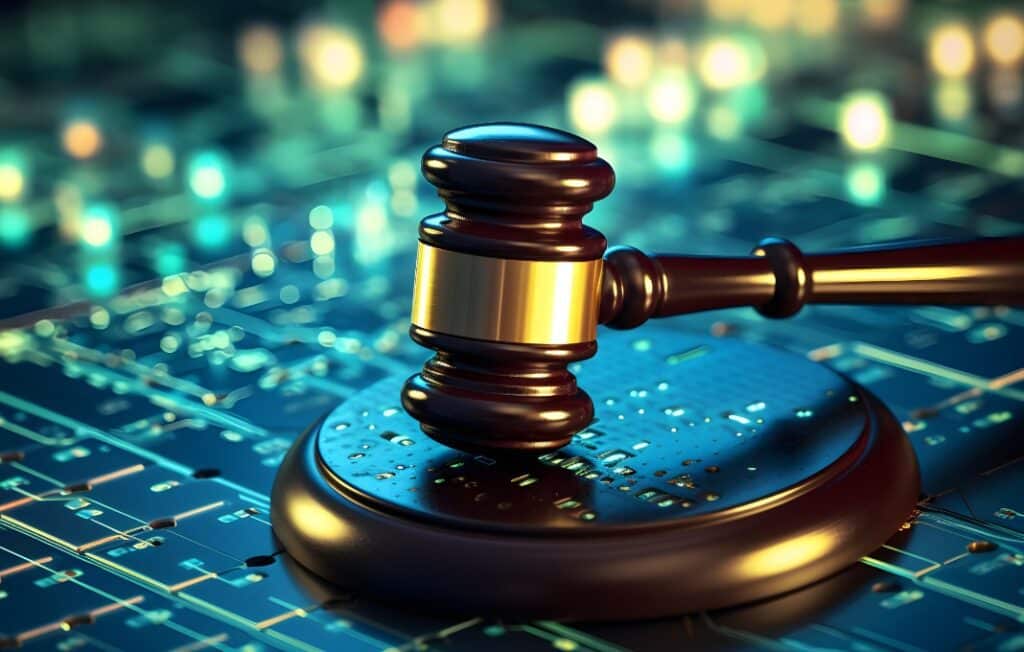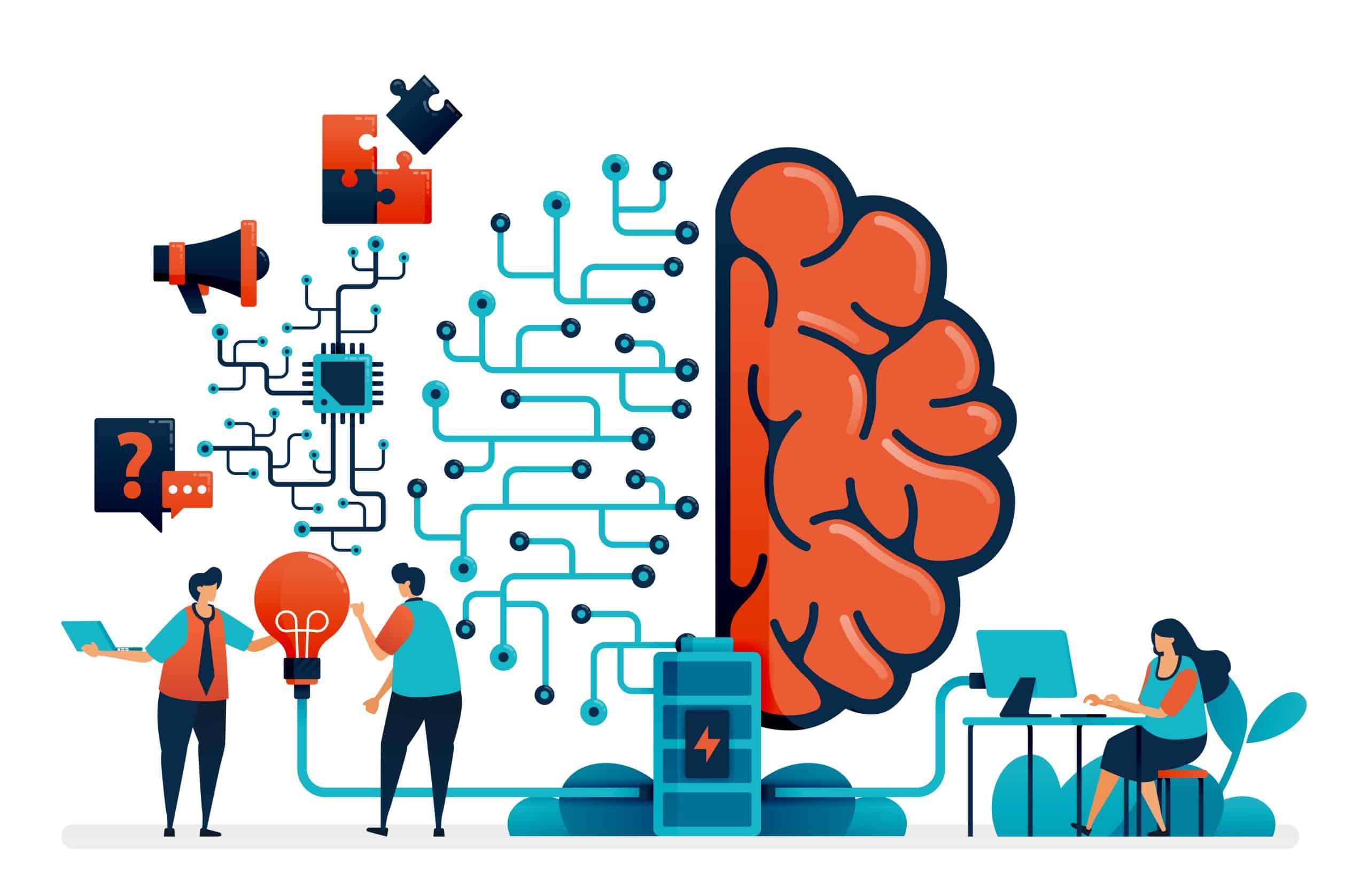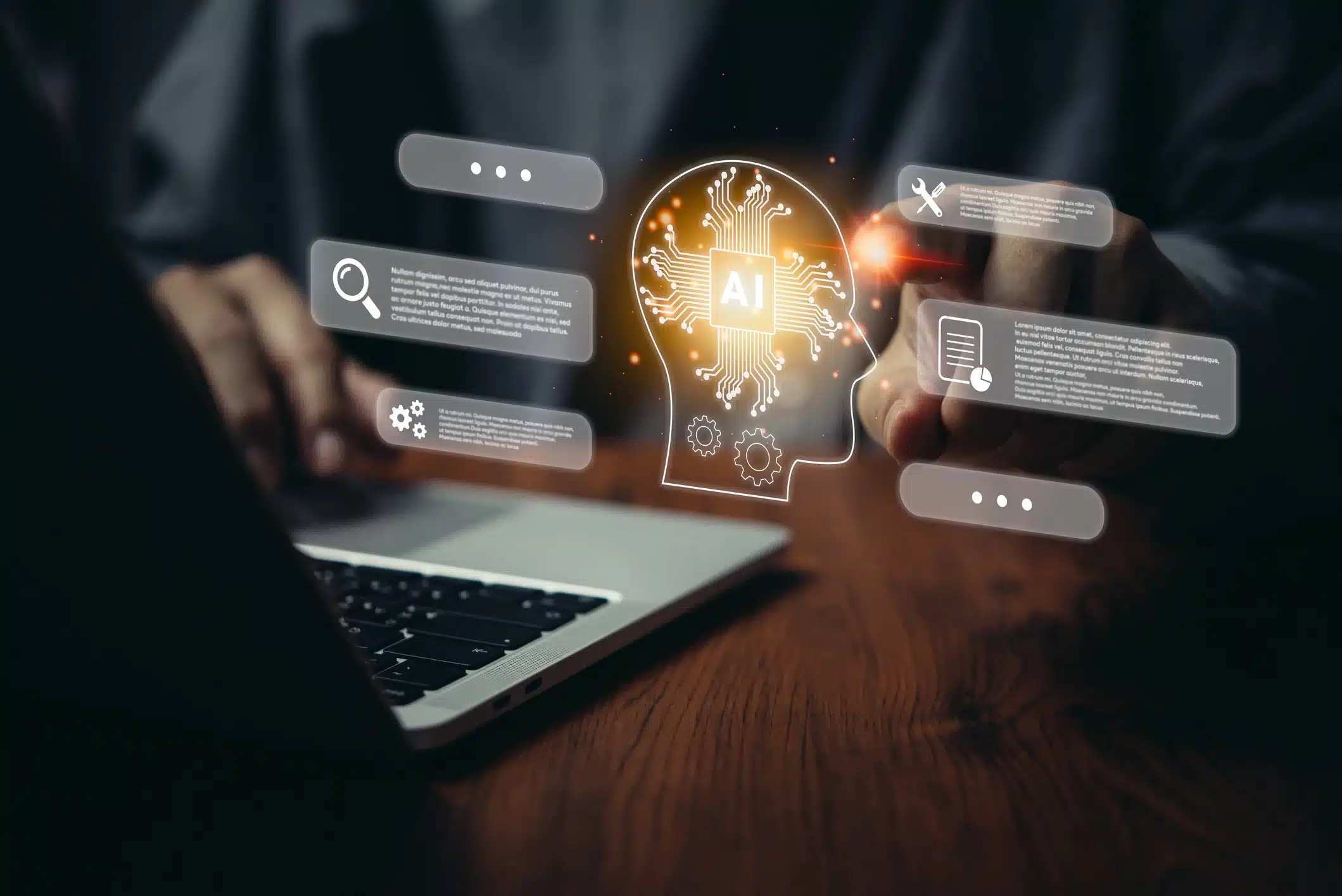- 🔑 The U.S. government recognizes the importance of “getting it right” with artificial intelligence regulation and governance.
- ⚠️ There are concerns about the potential dangers of AI, such as biased decision-making and national security risks, if it is not regulated properly.
- 🤝 Bipartisan support for science and technology policy, driven by competition with China, has created an environment for cooperation on AI regulation.
- 🧠 Experts suggest that having humans involved in the decision-making process alongside AI is crucial, especially in areas like national security.
- 🏛️ The White House has taken initial steps through executive orders, but Congress is considering establishing an independent federal agency to inform AI legislation.
- 💯 Ensuring the responsible development and use of AI is vital for maintaining public trust in government.
The rise of artificial intelligence (AI) has been meteoric, and its impact is reverberating across industries, societies, and governments worldwide. As this transformative technology continues to advance, the U.S. government finds itself at a critical juncture, grappling with the pressing need to “get it right” when it comes to AI regulation and governance.
The Imperative for Responsible AI Governance
One of the key takeaways from the recent TIME100 Talks discussion on AI is the widespread recognition among policymakers, experts, and industry leaders that the responsible development and use of AI are vital for maintaining public trust. Shalanda Young, the director of the Office of Management and Budget, articulated this sentiment eloquently, stating, “We can’t afford to get this wrong—again.”
The potential dangers of unchecked AI development are well-documented, ranging from biased decision-making that could exacerbate societal inequalities to national security risks posed by adversaries leveraging AI for nefarious purposes. Van Jones, a renowned social entrepreneur, highlighted the concern about biased data leading to biased algorithms, which could disproportionately impact vulnerable communities.
Addressing the Challenges Head-On
While the challenges are daunting, the U.S. government is taking steps to address them proactively. The White House has already issued executive orders to establish guidelines for tech companies training and testing AI models, as well as directing government agencies to vet future AI products for potential national security risks.
However, more comprehensive action is needed, and Congress is exploring the possibility of establishing an independent federal agency dedicated to informing AI legislation. Michael Allen, a former National Security Council director, underscored the importance of having humans “in the loop” when it comes to AI-driven decision-making, especially in the realm of national security.
Fostering Bipartisan Collaboration and Global Leadership
One of the driving forces behind the renewed bipartisan support for science and technology policy, including AI regulation, is the growing competition with China. As Shalanda Young noted, “There’s a big China focus in the United States Congress,” which has catalyzed efforts to maintain America’s edge in technological innovation and economic competitiveness.
This bipartisan momentum presents a unique opportunity for lawmakers to work together in shaping responsible AI policies that balance innovation and ethical considerations. By fostering collaboration across party lines and leveraging the expertise of industry leaders, civil society organizations, and academic institutions, the U.S. can pave the way for a future where AI is harnessed for societal good while mitigating its potential risks.
Moreover, as a global leader in technology and innovation, the U.S. has a responsibility to set an example for responsible AI governance. By establishing robust regulatory frameworks and ethical guidelines, the country can influence international standards and norms, promoting a more equitable and trustworthy AI ecosystem worldwide.
Conclusion
As the AI revolution continues to unfold, the U.S. government finds itself at a pivotal moment. Striking the right balance between fostering innovation and mitigating potential dangers will require a multifaceted approach, involving bipartisan collaboration, public-private partnerships, and a commitment to ethical principles.
By embracing the urgency of responsible AI governance and taking proactive steps to address the challenges head-on, the U.S. can navigate this transformative era with confidence, safeguarding societal well-being while unlocking the vast potential of AI to drive progress and prosperity.







